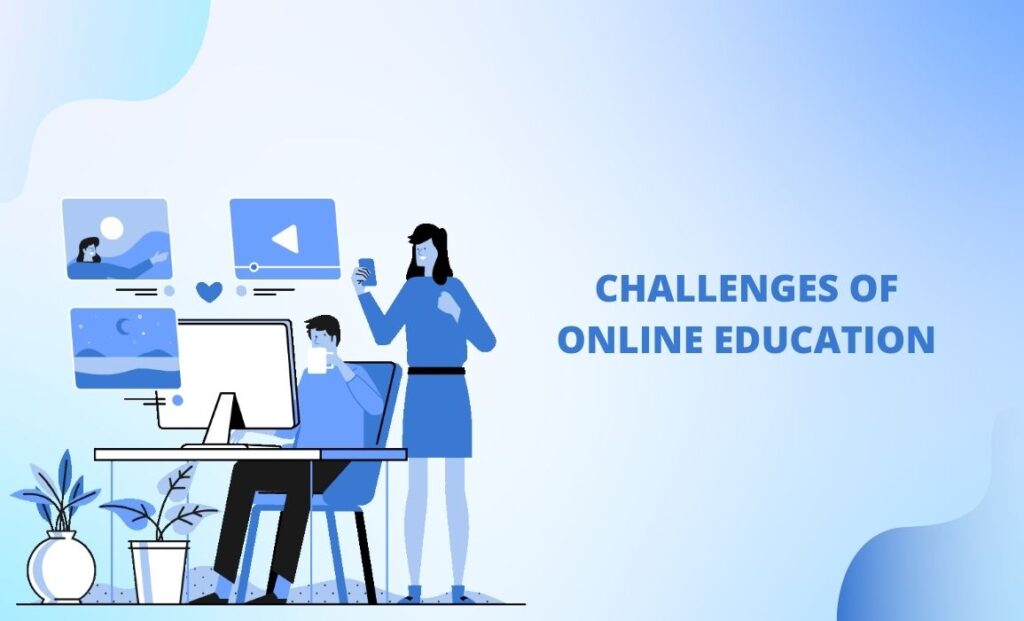If you’re reading this, there’s a good chance you’re one of the millions of people who have enrolled in an online course. Maybe you’re taking an introductory philosophy class or learning how to use Google Docs. Or maybe you’re learning how to code in Python or Photoshop. Whatever the subject matter, it’s likely that at one point or another during your time on campus, a classmate or professor told you that online education isn’t real education because “there’s no way to gauge whether students are learning anything.” But as more people choose distance learning over traditional schooling, we need to ask ourselves: Is this true?
The reasons for online education
- Online education is a more cost-effective way to provide education.
- Online education can be more flexible.
- Online education can be more accessible, as it allows students to study at their own pace in their own homes.
- Finally, online courses are personalized and tailored to each student’s needs, which means that they can learn at the same rate as their classmates without being held back by any learning disabilities or difficulty understanding concepts
Benefits of online education
If you’re thinking about taking an online course, many benefits can make it worthwhile.
- Flexible learning: Online courses offer a great deal of flexibility in how and when you learn. You can complete assignments at your own pace and from anywhere in the world–which means no more rushing home from work to get ready for class!
- Cost savings: Online education is often less expensive than traditional schools because there’s no need for physical classrooms, textbooks, or teachers (though some programs do require one-on-one tutoring). You also won’t have any travel costs associated with commuting between school and home every day.
Challenges of online education
While online education is becoming more and more popular, there are still some challenges that you’ll need to consider.

- Distance learning can be isolating. If you’re not currently living in an area with a lot of other students and faculty, it can be difficult to meet people and make friends. This may be especially true if you’re new in town or just don’t have any friends who are interested in taking classes with you.
- Online education can be expensive! You’ll likely need to pay for your computer equipment out of pocket, which will cost hundreds (if not thousands) of dollars depending on how much work needs to be done on your computer before it’s ready for schoolwork use–and this doesn’t even include the software needed for most classes! Additionally, many colleges charge extra fees for things like transcripts or housing information; these fees vary from school to school but often run into hundreds as well!
- Self-discipline is key when completing coursework remotely: If there were no deadlines imposed upon me by my professors/teachers then nothing would get done because there would always seem like “another day tomorrow” where I could finish up something else first instead.”
Online learning is an important part of the future, but it’s not all there is.
Online education has grown rapidly in recent years and shows no signs of slowing down. But it’s still only one piece of an overall educational experience that should include both online and traditional elements. If you’re interested in pursuing an online degree program, make sure to consider all your options before making your decision–and don’t rule out traditional classes!
Online learning is an important part of the future, but it’s not all there is. There are still many benefits to traditional in-person education, and these will continue to be available as long as we have schools. Online education has its place, but so does everything else!












